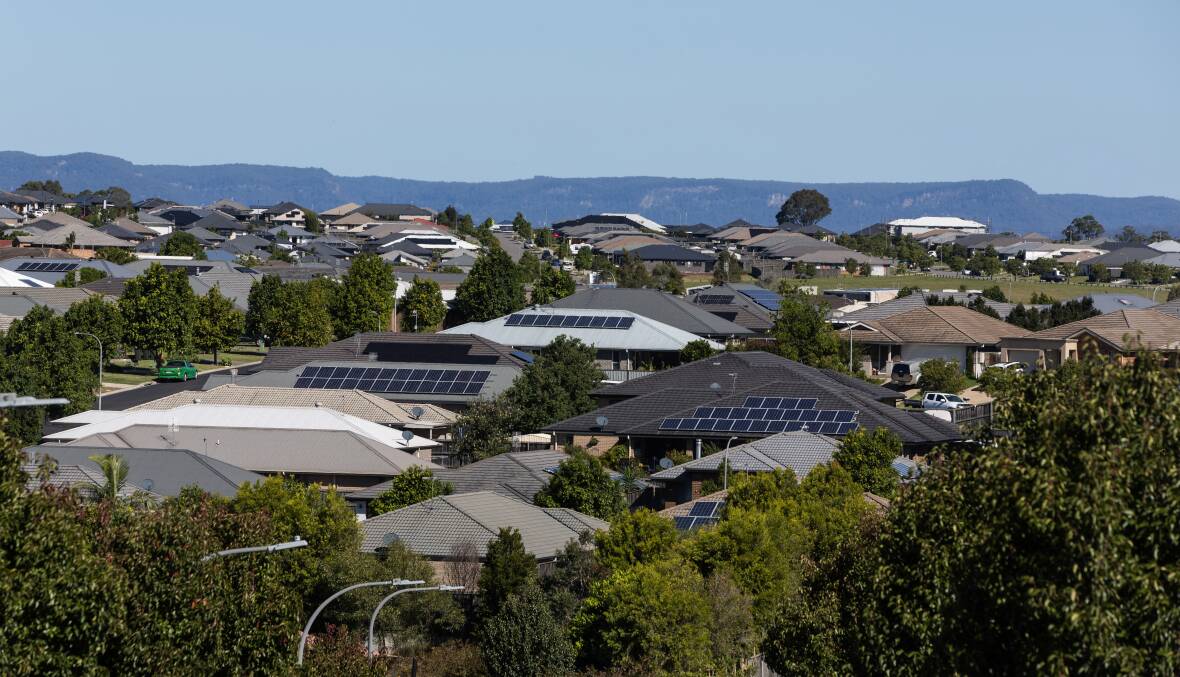
AS the housing crisis worsens, residents across Newcastle and Lake Macquarie are grappling to keep up with utility bills.
New research through the University of Technology Sydney has found 45 per cent of financially disadvantaged households in the area were unable to pay their bills on time in the past 12 months.
A Newcastle couple who wished to remain anonymous, said they were living off a fortnightly pension of $1200 due to illness.
"We're spending more than half on rent and utility bills. A total of $666 is going just on rent and then we have bills on top of that to cover," they said.
Despite attempting to budget, they say by the time they've paid bills, bought grocery and put fuel in their car, they're left "scraping" until the next pay day.
"We're left with barely anything."
The findings are in peak advocacy body NCOSS' latest Cost of Living in NSW 2023 report, where 67 per cent of people reported being in houses stress, spending more than 30 per cent of their income on housing.
"These are households who, in the main, are working and who are doing everything they can to cut costs and keep their heads above water," NCOSS CEO Joanna Quilty said.
She said the combining factors of pandemic-woes, inflation and flatlining wages have had a devastating impact, "pushing many to breaking point".
The survey was undertaken in April and May this year, involving a representative sample of 1,134 households living on low incomes and below the poverty line in regions across NSW.
In Newcastle and Lake Macquarie, 62 per cent of people reported having no money set aside for emergencies, 40 per cent reported going without prescribed medication or healthcare and 35 per cent ranked housing as the number one area of household expenditure under pressure.
Thirty-one per cent were unable to travel for essential reasons due to cost, 22 per cent have used 'buy now. pay later' services to afford essential items more than three times in the last year and 33 per cent reported they experienced extreme housing stress.
"People are hanging on by a knife edge - savings have been eaten away, the use of buy now pay later is more prevalent and borrowing from family and friends is a growing necessity," Ms Quilty said.
"We knew things were bad, but this is the worst we've seen in many years."
The numbers were reflected at this year's Hunter Homeless Connect Day where a record crowd gathered at Newcastle Showground for help amid the cost-of-living crisis.
Electricity company Ausgrid was on site and engaged with a large number of vulnerable customers to assist with enquiries around their electricity bills.
They promoted the Energy EnergyMadeEasy bill comparison page as well as providing information, guidance and advice on what energy rebates may be applicable to customers.
Hunter Homeless Connect Day organiser Michelle Faithfull said a man who was struggling with his water and electricity bills was also aided on the day.
"This man has not had electricity for a couple of months and has not been able to afford his water bill and Hunter Water were able to help out with the water bill so it was manageable for him," she said.
Ms Quilty said NCOSS has put forward a set of recommendations to the NSW Government including increasing EAPA vouchers, more social housing and putting limits on rent increases.
"Our recommendations are aimed at tackling the underlying causes of the cost-of-living crisis - most notably energy bills and housing affordability - and providing immediate relief," she said.
"The NSW Government cannot quickly solve this crisis, but it can alleviate its most extreme impacts and help those who are doing everything they can to survive but have nothing left to give."






